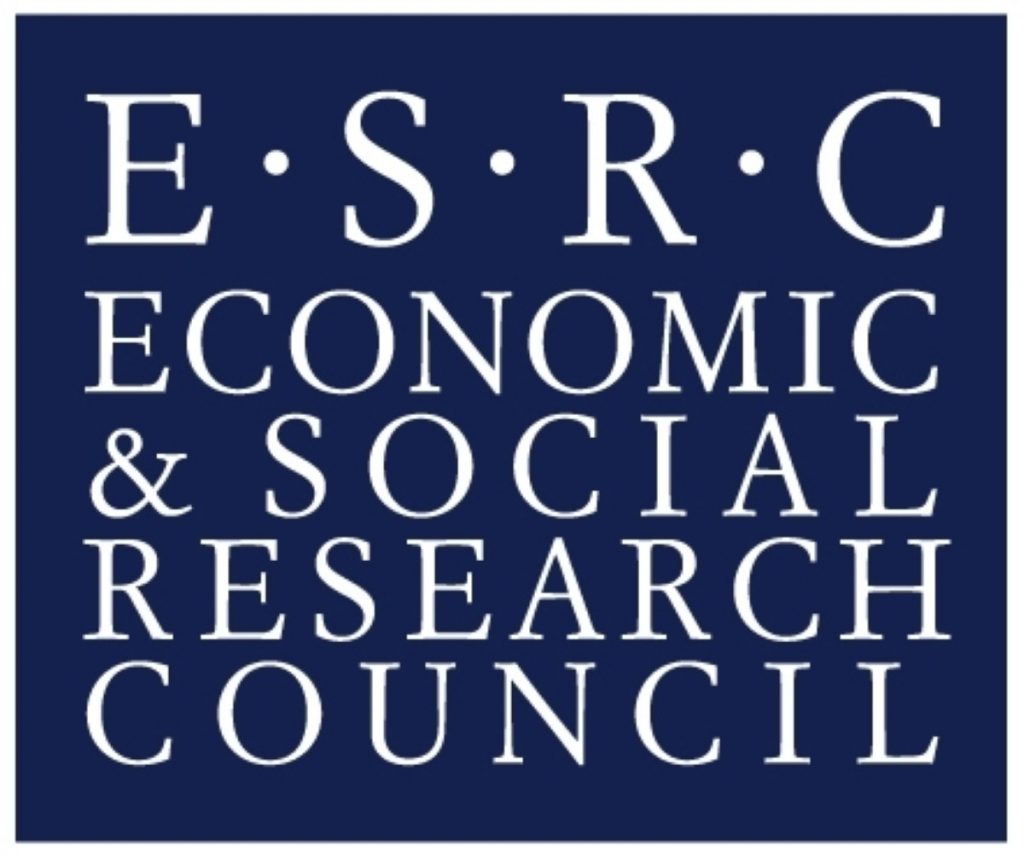ESRC: Festival of Social Science: Anti-social behaviour a consequence, rather than a cause of homelessness
Date: 3rd – 5th November 2014
Time: 10.00 – 16.00hrs
Location: Newcastle
Anti-social behaviours such as drug and alcohol abuse are often the consequence, rather than the cause of homelessness, according to a series of studies from Northumbria University presented at the Economic and Social Research Council’s 2014 Festival of Social Science. The studies suggest that contrary to common belief, unexpected life events could lead to anyone becoming homeless.
Researchers Adele Irving and Dr Jamie Harding looked at the life histories and causes of homelessness of over 80 people in Newcastle. They spoke to homeless people about their experiences, and staff from local authorities and hostels and support services in the area about the management of homelessness.
They found evidence of anti-social behaviour on the part of homeless people, with high incidences of drug and alcohol abuse, mental health problems, violent behaviour, familial breakdown, negative social networks, unemployment and dependency on benefits, begging, sex work and crime.
However, the research indicated that these problems were often caused by homelessness itself. Roughly half of the homeless people interviewed had previously lived 'normal' lives, with high levels of educational achievement, positive family relationships, long periods of stable employment and no pattern of substance misuse or criminality.
“For these people, the pattern of their lives had been radically changed by a significant life event – such as bereavement, relationship breakdown or redundancy – which triggered addiction, followed by eviction or the repossession of a home”, says Adele Irving.
In these cases in particular, anti-social behaviour was often a consequence of being homeless, and not the cause. For example, some people reported turning to drugs and alcohol as a coping mechanism to numb the cold and get them through living on the streets or to cope with hostel environments. Others stole food and drink for survival. In other cases, homeless people reported committing crimes in order to avoid sleeping rough, with prison often seen as a short term housing solution.
“Crime and substance misuse were frequently responses to, rather than causes of, homelessness” says Adele Irving.
However, for other homeless people interviewed, existing anti-social tendencies had led directly to them being on the streets, as they had been evicted from the parental or marital home, rented accommodation and hostels.
“It was clear that some homeless people had anti-social tendencies,” says Adele Irving. “Almost half of those interviewed reported that they had rarely attended school and gained few, if any, qualifications. Many had experimented with drugs and alcohol in their early teens, and some exhibited violent behaviours.”
Sadly, for this group of homeless people, problems of anti-social behaviour could be traced back through a lifetime of exclusion, characterised by traumatic childhood experiences, including parental addiction, bereavement, going into local authority care, neglect and physical and sexual abuse.
According to Adele Irving, research indicates that punishing the homeless for their antisocial behaviour often only serves to further exclude them from society, and push them into committing more anti-social acts.
“Instead of punishing homeless people, which only reinforces these behaviours, policymakers need to give greater attention to the structural and systemic barriers – in the areas of housing, welfare and employment – facing the homeless,” she concludes.
Adele Irving and fellow researcher Oliver Moss are conducting further research on the experiences of homeless people in the North East and will showcase this research at an exhibition as part of the Economic and Social Research Council’s 2014 Festival of Social Science.
For further information contact:
· Lucy Nichol, Media & Communications Manager, Northumbria University
Email: Lucy.e.nichol@northumbria.ac.uk
Telephone: 0191 227 4590
ESRC Press Office:
· Aaron Boardley
Email: Aaron.Boardley@esrc.ac.uk
Telephone: 01793 413122
· Susie Watts
Email: Susie.Watts@esrc.ac.uk
Telephone: 01793 413119
NOTES FOR EDITORS
1. Event: Imaging Homelessness in a City of Care
o Newcastle Civic Centre, Barras Bridge, Newcastle upon Tyne, NE1 7RS
3 November 2014, 14.00 – 16.00
o Elliott House, 4 Bentinck Terrace, Newcastle upon Tyne, NE4 6US
4 November 2014, 10.00 – 16.00
o Tyneside Foyer, 114 Westgate Road, Newcastle upon Tyne, NE1 4AQ
5 November 2014, 10.00 – 16.00
2. Members of the press are also invited to a launch event on Monday 3 November, 5-7pm at the Newcastle City Library (Bewick Room). Please register to attend by contacting adele2.irving@northumbria.ac.uk
3. Northumbria University, Newcastle is a research-rich, business-focused, professional university with a global reputation for academic excellence. Placement opportunities are available to a number of Northumbria’s undergraduate Social Sciences students in challenging environments such as prisons, youth offending teams, homeless charities and parliamentary offices.
4. Adele Irving and Jamie Harding are behind the formation of the North East Homeless Think Tank – a regional group bringing together academics, researchers and policy officers to inform and influence policies affecting homeless groups.
5. The 12th annual Festival of Social Science takes place from 1-8 November 2014 with over 200 free events nationwide. Run by the Economic and Social Research Council, the Festival provides an opportunity for anyone to meet with some of the country’s leading social scientists and discover, discuss and debate the role that research plays in everyday life. With a whole range of creative and engaging events there’s something for everyone including businesses, charities, schools and government agencies. A full programme is available at www.esrc.ac.uk/festival. You can also join the discussion on Twitter using #esrcfestival.
6. The Economic and Social Research Council (ESRC) funds research into the big social and economic questions facing us today. We also develop and train the UK’s future social scientists. Our research informs public policies and helps make businesses, voluntary bodies and other organisations more effective. Most importantly, it makes a real difference to all our lives. The ESRC is an independent organisation, established by Royal Charter in 1965, and funded mainly by the Government. In 2015 the ESRC celebrates its 50th anniversary. www.esrc.ac.uk.





-01.png)